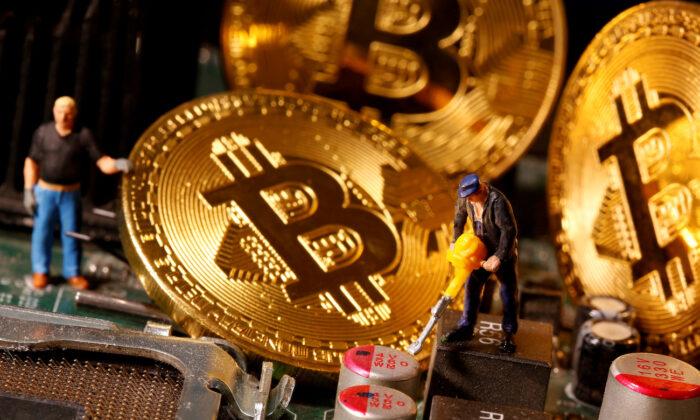S&P Global Ratings has warned that El Salvador’s adoption of bitcoin as legal tender is burdened by risk and will have a negative impact the country’s credit rating.
“The risks associated with the adoption of bitcoin as legal tender in El Salvador seem to outweigh its potential benefits. There are immediate negative implications for credit, and wide usage of bitcoin is unlikely,” S&P Global wrote in a tweet Friday.





